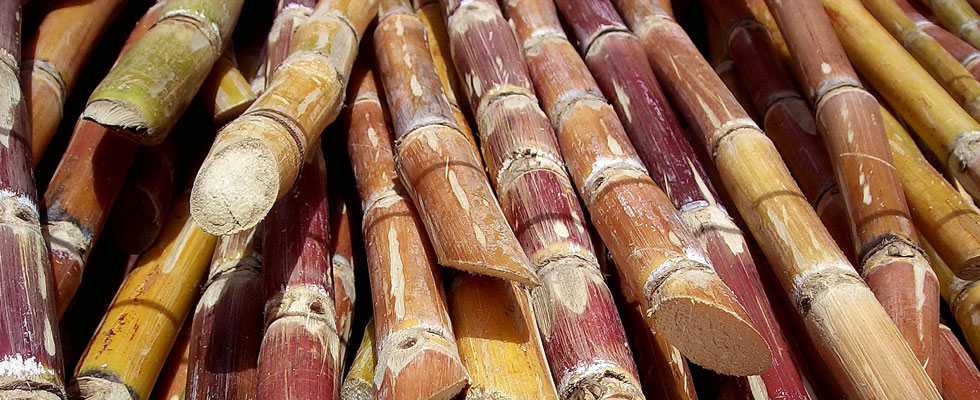
BY GARIKAI MAFIRAKUREVA
NEW sugarcane farmers in Mkwasine, who acquired land during the 2000 fast-track land reform programme, are losing over 500 hectares of land annually due to sodicity and salinity, Southern Eye has learnt.
This was revealed during a field show held at Elias Nyatowa’s farm last week. The field day was organised by the Zimbabwe Sugar Cane Development Association (ZDSA) chaired by former police boss Edmore Veterai.
Speaking on the sidelines of the function, Great Zimbabwe University’s Dean of the Faculty of the Gary Magidzire School of Agriculture Soil and Plant Science, Munashe Shoko, said oversupply of water on cane raises the water table, leading to fertilisers failing to go down.
“Over-irrigation without a proper drainage system raises the water table. Cane does not require water as you think yourself, so what happens is when you overapply water, it raises the water table such that when you apply fertiliser it fails to go down, that creates that whitish substances which is called sodium.
“Sodic soils are characterised by a disproportionately high concentration of sodium in their cation exchange complex or containing an exchangeable percentage which is greater than 15%. Now the problem is when it happens like this, it means that the land is a complete write-off.
“The farmer needs to quickly do what we call rehabilitation. He has to work on his drainage system to make sure that the water that is seated here drains to somewhere. This is very costly, because the farmer has to apply lots and lots of gypsum.
“I am so disappointed, because this is not a loss only to the sugar industry, but to the nation at large. I don’t know why it is like this. Is it because the land is too large,
- Chamisa under fire over US$120K donation
- Mavhunga puts DeMbare into Chibuku quarterfinals
- Pension funds bet on Cabora Bassa oilfields
- Councils defy govt fire tender directive
Keep Reading
I don’t know. I still have to find out. However, sugarcane farmers should know how to test the potential hydrogen of the soil (soil PH) and to test its acidity and alkalinity,” he said.
The university is training over 60 farmers in sugarcane farming.











